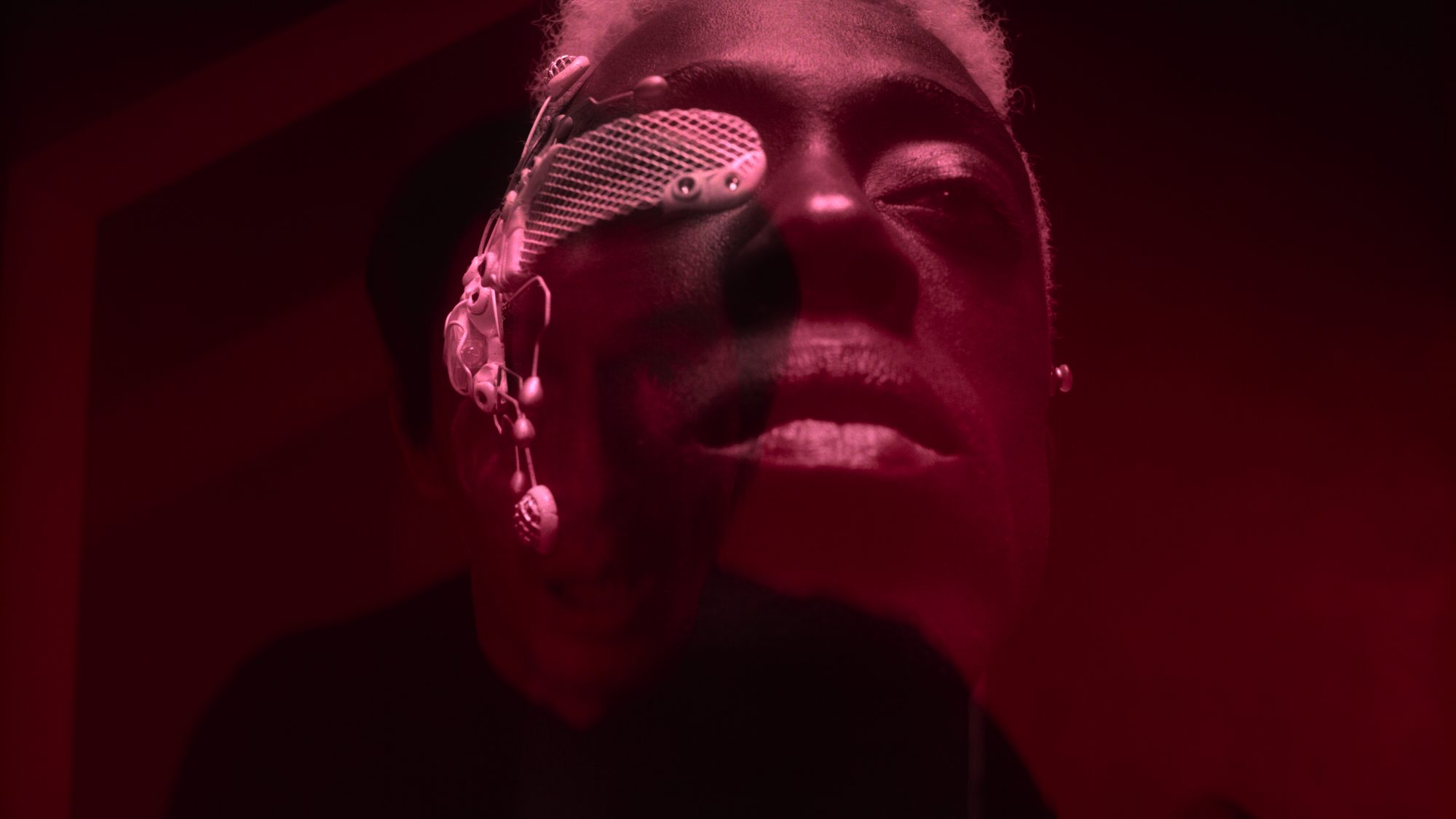philipp@philipphumm.art© 2024 Philipp Rudolf Humm. All Rights ReservedPrivacy Policy

“The development of full AI could spell the end of the human race. Once humans develop artificial intelligence, it will take off on its own and redesign itself at an ever-increasing rate. Humans, who are limited by slow biological evolution, couldn’t compete and would be superseded.”
– Stephen Hawking
Artificial Intelligence has had a tough ride ever since the concept of self-aware machines was dreamed up by the Greeks in the form of proto-automaton, Talus. Conclusion? We don’t trust technology any more than we trust ourselves.
In a recent article in The Independent newspaper Jeff Nesbit, former director of legislative and public affairs at the National Science Foundation, concluding that that our smart phones and home appliances will turn on us at around 2050. The Last Faust is a little more conservative and is set in 2059, allowing an additional nine years before the metal hand of doom reaches into the cookie jar.
Meanwhile, the American Futurist Ray Kurzweil puts ‘human level AI’ at an altogether closer 2029, thus allowing a reasonable amount of time to devise some ethical standards.
Faust has long being part of the AI narrative, early observations by Isaac Asimov, author of the Three Laws of Robotics, assure us that the robots will not be strangling us in our sleep any time soon due to the simple prognosis of why would they? Asimov was riffing on the concept that the Faustian idea of crime and punishment, that being, there will always be a price to pay for our wanton desire for technological superiority.
He’s both right and wrong. If society can play by the rules, unfortunately we’re a flawed race. Deeply imbedded within our psyche and nurtured by religion and economics we, as a species, are destined to destroy the thing we love. Or in this case, the thing we love will destroy us, or at the very least consign the least useful members of society to the scrapheap, or worse, Soylent Green.
The evolution will be a slow reveal that will likely surge to a sudden apex. Current development, robotics In particular, has shown some impressive advancement; however the seemingly state of the art, the robots are mostly operational only in laboratory conditions.
The AI in The Last Faust, is an intelligence borne of quantum computing, Dr Goodfellow’s ‘neural network’, is a global web, bridging the consciousness of humans, machines and synthetic beings. Goodfellow’s singular companion, Paris, at the end is a Homunculus, the conclusion of a life’s work, the conclusion of a pact whose purpose is to bear witness to the end of the world.
The Last Faust’s Dr Goodfellow, while being a technocrat, is in fact an everyman, his final hours spent replaying his life through a carousel of snapshots coloured by regret and retired hubris. Goodfellow at the end of his life is no different than any condemned General in his darkest hour, glibly reflecting on how the annihilation of his own men could so easily have been avoided, if only the weather had been kinder.
Goodfellow’s drive for knowledge and hunger for technological progress sees him abandon ethical concerns. Progress becomes the new religion. Progress becomes the force that combines both good and evil.
In this key scene Faust is reaching out to a Spirit to understand Creation. The Spirit refuses to give him the keys to the kingdom of knowledge.
Faust: “I’m him, yes Faust, your equal, the same.”
Spirit: “You equal the spirit you think I am,
Not me!”
Faust “Not you? Then who?
Me, made in God’s own image,
Not even equal to you?”
Believing that only God has the power to bestow upon him the knowledge required to realise his dreams. Faust attempts suicide in order to enter God’s realm but his suicide is interrupted.Later he meets hedge fund manager Mephisto who offers Faust a deal: he will give him unlimited access to knowledge and experience in return for his soul.
Mephisto: “I promise, I will serve your wishes – here. A slave who does your bidding faithfully; But if we meet each other – there. Why, you must do the same for me.”
While recounting the story of Faust, Goodfellow is living in a post-Fourth Industrial Revolution world, the entire planet is interconnected with human society divided between the super-rich whose enhanced life expectancy (a product of AI medical advancement) affords them unimaginable lifestyles. The poorest of society are resigned to a life of toil and short lifespans on the lowest rungs of society. It’s familiar echo from HG Wells’ Time Machine where the blonde blue-eyed Eloi live a life of banal luxury while the Morlocks work underground to feed and clothe them.
Futurologists all agree on one basic premise, our human brains are still firmly lodged in the Stone Age, machines are unencumbered by hunger or cold, the constant push for efficiency will consign us to the scrap heap, and it’s unlikely that machine historians will even mention us. We’ll be phased out of the collective memory much in the same way that the Americas began with Columbus, modern history, in The Last Faust at least will begin in 2059.